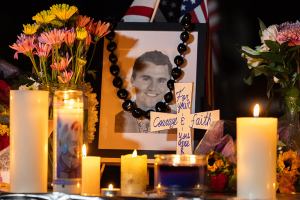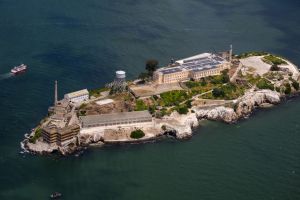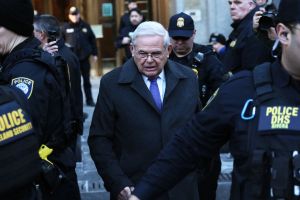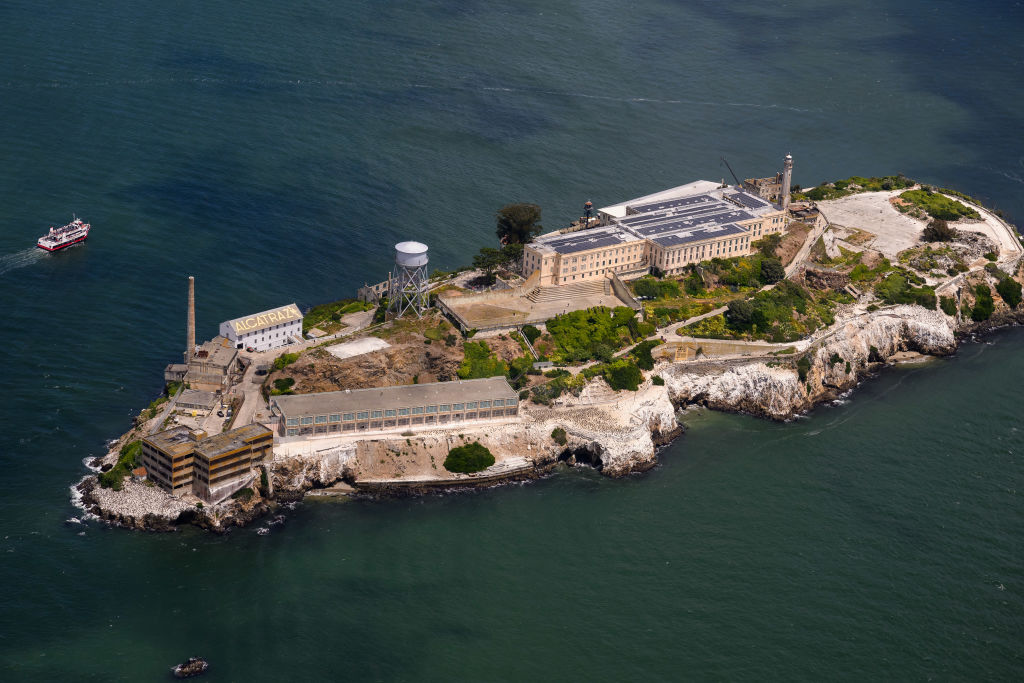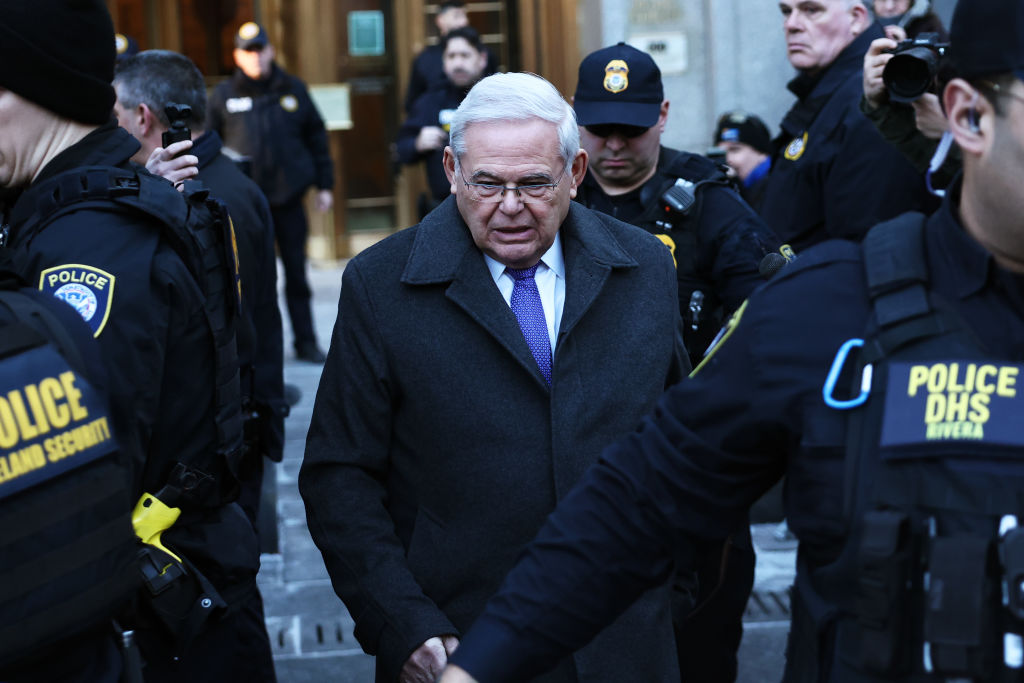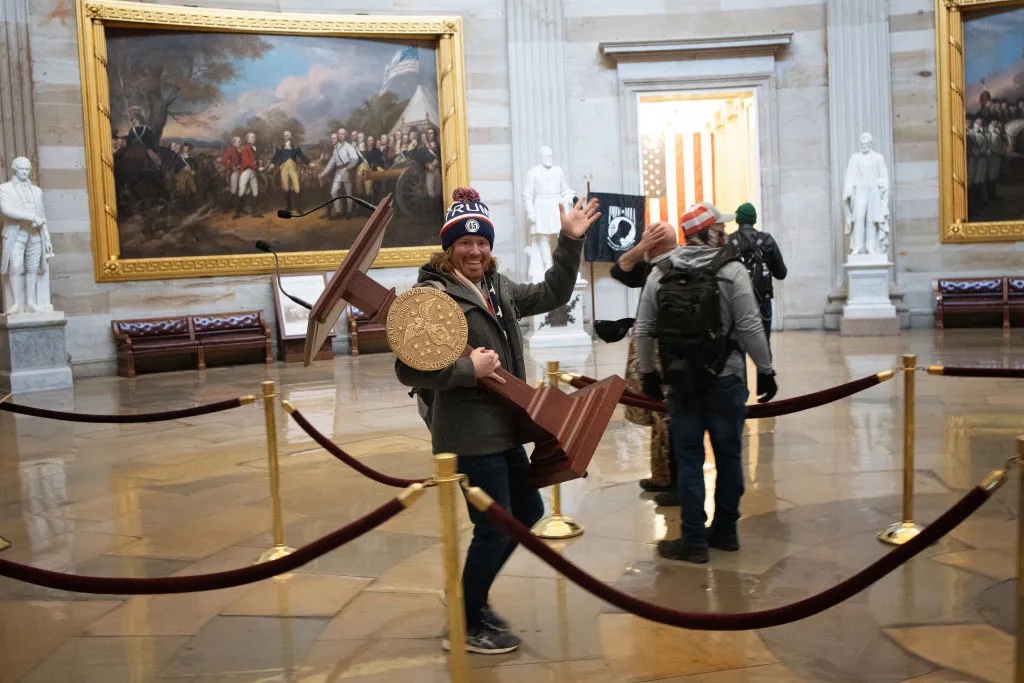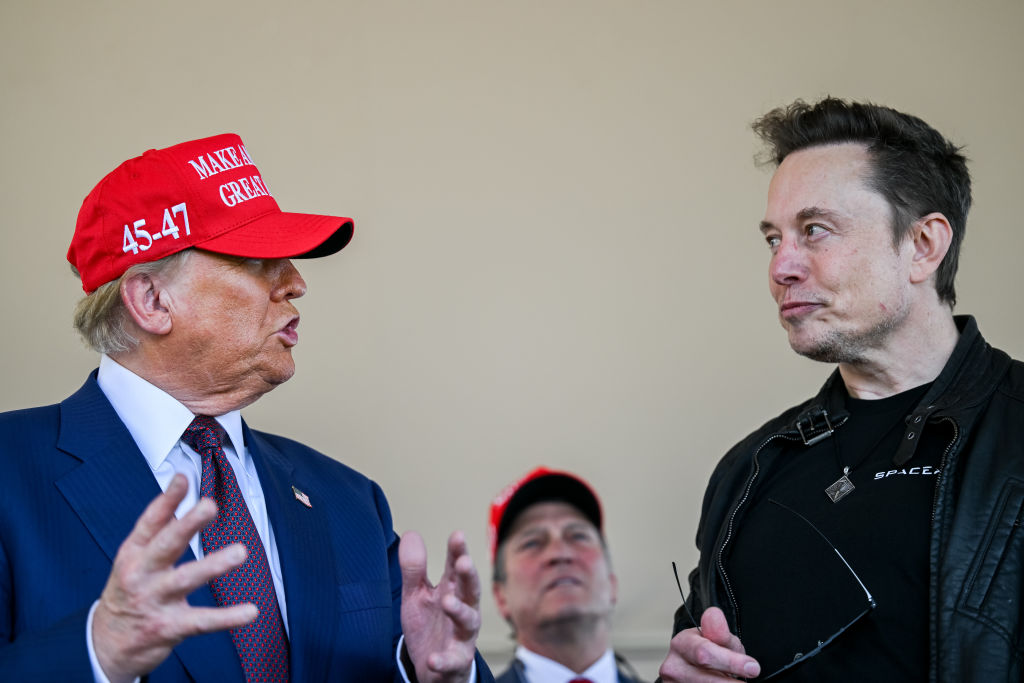Cockburn turned sharply right when entering London’s Heathrow Airport on Thursday afternoon, and who should he run into but Canadian media mogul Ezra Levant, proprietor of hard-right, right-clicking web outlet Rebel Media. Before Cockburn made a beeline for Duty Free, he secured the only interview Levant gave on his flying visit — literally, in fact, as Levant landed Thursday morning and was hurrying towards a late afternoon flight back across the Atlantic.
Levant was racking up a 7,000-mile round trip to visit Tommy Robinson, the rabble-rousing English anti-Islam campaigner and unsuccessful candidate for the European Parliament. Robinson, widely despised in the British media and on the left, is currently serving a nine-month sentence at Her Majesty’s Pleasure in London’s notorious Belmarsh prison for contempt of court, or, in Levant’s words, ‘doing journalism’.
Robinson’s offense was to film and name suspects in a grooming gang trial. This was illegal, and might have caused a mistrial, but, as his supporters point out, the British press has a long history of doing worse. Perhaps more convincingly, they also argue that had Robinson been a hard-left ‘activist’ rather than a ‘far-right’ bigot or racist, the left-wing press and the BBC that now assail him would be defending him as a fearless ‘citizen journalist’, talking ‘truth to power’.
Arrested on the courthouse steps, Robinson was imprisoned, released on appeal, and then imprisoned again. Levant, who is Robinson’s former employer at Rebel Media, says he’s not visiting Robinson ‘because he needs the company — he has connections in the UK’. He’s visiting because he believes Robinson’s life is in danger: ‘the prison authorities need to know that international journalistic eyes are on this case’.
Robinson served his first part of his sentence in the Dickensian confines of Her Majesty’s Prison Onley where, Levant says, Robinson was ‘literally in a box for 23-and-a-half hours a day, sensory derivation-style’. The reason being, Levant claims, that the British authorities are unable to control their own prisons, and can’t guarantee that Robinson would emerge alive.
‘Everyone knows that the UK prisons are overrun by gangs, Muslim gangs in particular, which is why he couldn’t be in the general population, and why he couldn’t eat food sent to solitary confinement in Onley. The prison governor in Onley would not let him buy food from the canteen in sufficient quantities, so he lost 40 pounds in 10 weeks through starvation. He was only eating one can of tuna and one piece of fruit a day for 10 weeks. It was horrific.’
Even more alarmingly, Levant suspects that the British authorities might like it if Robinson didn’t survive at all:
‘I’m not saying it’s the majority, but there are certainly some people in politics, in the press, in the police and the Prosecution Service who wouldn’t be sad if Tommy had an untimely death at the hands of a prison gang. Absolutely.’
In Belmarsh, Robinson is alone in the more comfortable surroundings of a modern High Security Unit, accommodation typically reserved for Islamists and Charles Bronson, Britain’s most dangerous prisoner, who changed his name because he admired Death Wish.
‘He’s isolated from all other prisoners, he has no contact,’ Levant tells Cockburn. ‘They don’t see him, and he doesn’t see them. He’s allowed to see guards and to see visitors three or four times a week. It’s solitary confinement in that he’s not allowed to see any other prisoners, but it’s not like in HMP Onley…here, he’s allowed half an hour on the exercise bike, the prison governor himself visits once a day, he has a medical once a day, he’s not being starved.’
It’s ‘outrageous’, Levant says, that Robinson is ‘being held with terrorists’. Then again, Levant admits, ‘I suppose the reason this prison is ironically a fit is that at least they can keep him safe from other prisoners.’
Robinson served 10 weeks of his sentence in Onley. Counting further days spent at Her Majesty’s Displeasure, he has to serve another 66 days in Belmarsh. Thursday was Day 28. He’s keeping a prison journal, Levant says, evoking the shades of Oscar Wilde’s ‘Ballad of Reading Gaol’ and ‘De Profundis’. As Cockburn ushered Levant through passport control and stuffed a crisp 20 into the breast pocket of the officer on duty, Levant promised to be back soon — because, he says, if the British authorities ‘believe that they’re going unscrutinized by foreign media’, they would ‘take the liberty’ of sending Robinson back to Onley.










